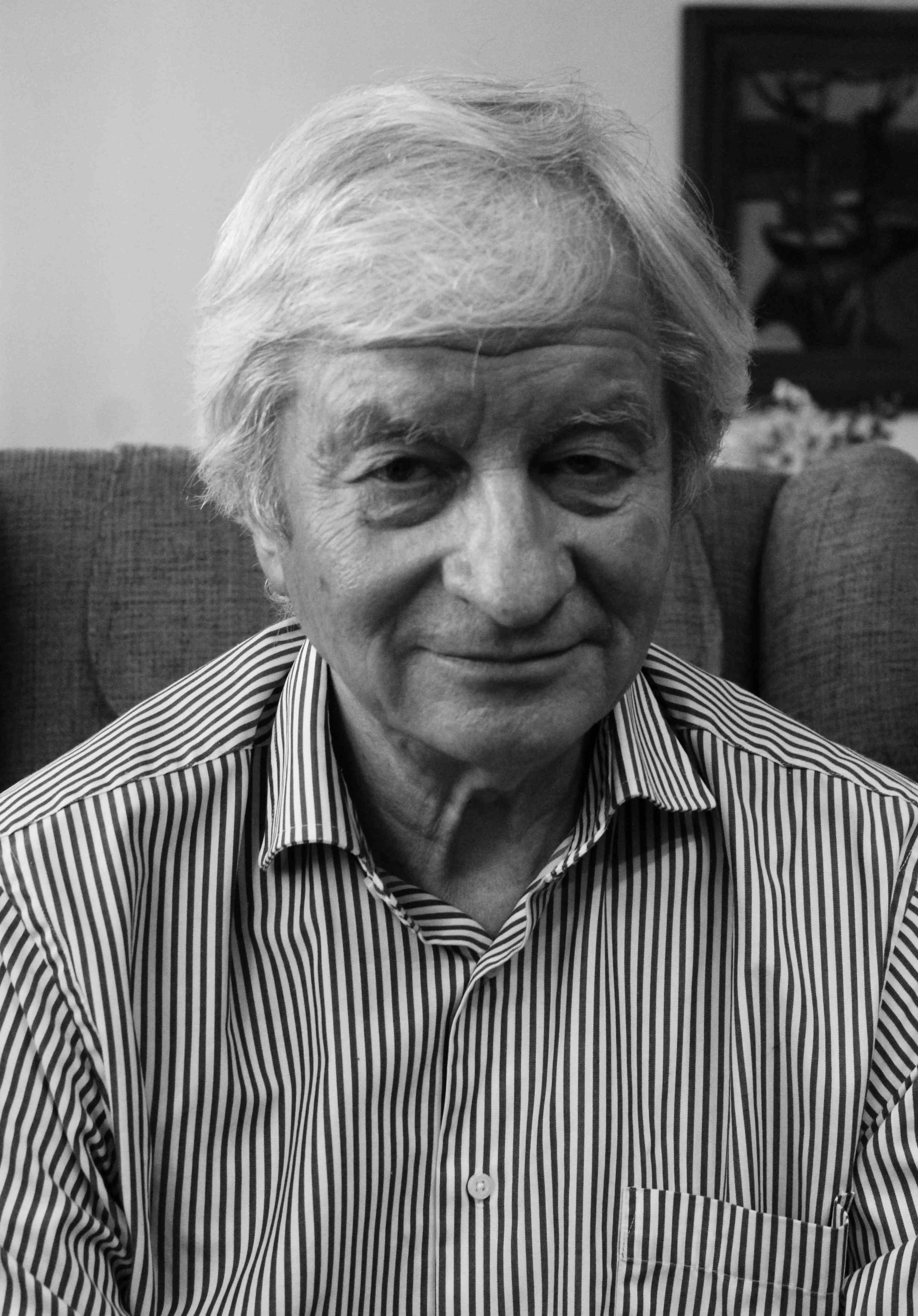My mother sent me to beg to the colonnade

Stáhnout obrázek
Joachim Mewes (born Jaromír) was born to a single mother of Jewish origin, Edita Rindlerová, on March 4, 1948 in Bratislava. Father Humberto Mewes lived in Chile. After February 1948, the witness‘s mother was persecuted and imprisoned as a Communist Trotskyist. His future life then took place in orphanages. After reaching the age of six, after their mother‘s release, they both moved to Karlovy Vary, where they lived literally in poverty. The mother lost her job and everything resulted in his re-imprisonment and his transfer to an orphanage. He then studied at a graphic school. In 1968 he went to Switzerland, where he applied for political asylum. He saw his father for the first time in his twenties. After 1973, there was a military coup in Chile by General Pinochet, with which he did not sympathize. He broke with civilization and lived in the Peruvian jungles with the Indians for some time. He was interested in their spirituality and finding inner peace. After returning to civilization, he continued in the profession of graphic artist, got married and had a son and two daughters with his wife. In 2019 he lived alternately in Hamburg and Prague.








































